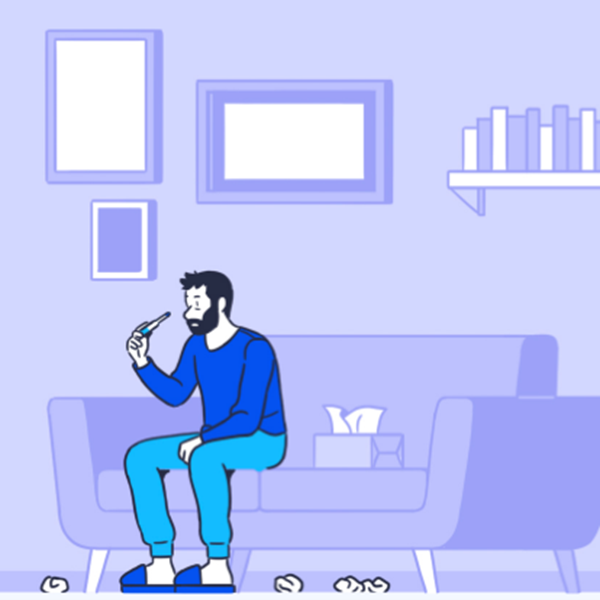COVID-19 symptoms, long-term effects and recommendations for confirmed cases
-
COVID-19 Symptoms
The most common symptoms experienced by COVID-19 patients resemble influenza and it is likely that one or more of them will appear over the course of the disease -
At-Risk Groups
At-risk groups for severe illness -
Isolation
There is no longer an isolation obligation for confirmed COVID cases -
Recommendations for Confirmed COVID Cases
If you are a confirmed case, it is important to behave responsibly -
COVID Medical Treatment
Currently there is no specific treatment for COVID-19, only care for alleviating or easing some of the symptoms. Fever can be lowered, pains can be relieved and coughing can be… -
Pregnancy and Breastfeeding
If you are pregnant and you've been infected with coronavirus, or if you have symptoms that may be consistent with COVID-19, you need to consult your primary care physician -
Long COVID
According to estimates, a significant portion of those infected with coronavirus will experience phenomena that may linger for weeks or months after recovery and make it more difficult for them…
COVID Medical Treatment
Is There Treatment for COVID-19?
- In most cases there is no need for special COVID treatment. You can lower fever, relieve pain and relieve cough with over-the-counter medications.
- Antibiotics cannot help in case of a virus.
- Drugs that reduce the chances for severe illness
Confirmed cases who are 60 years old or older, or in a risk group, it is important to inform your primary care physician about the result of the COVID test in order to check the need to receive treatment for reducing the risk of a serious illness.
Taking Regular Drugs
You must act in accordance with the instructions of your primary care physician regarding taking regular medication.


